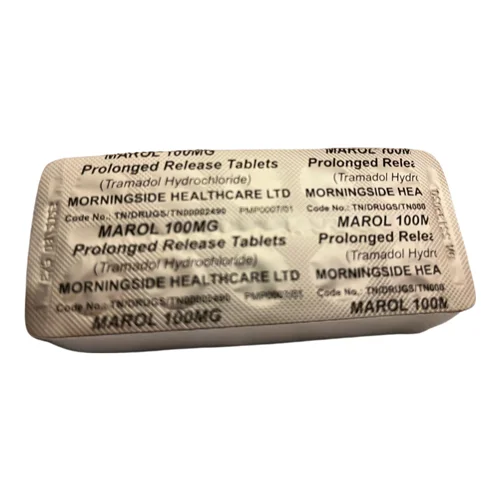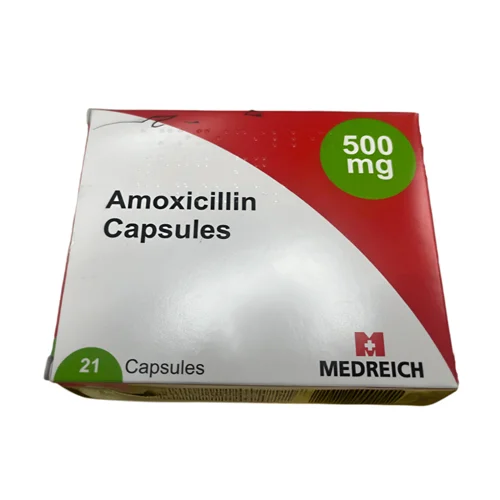Description
The definition of co-codamol and its applications
You have been provided this medication to relieve extreme discomfort. When other painkillers, like paracetamol or ibuprofen alone, are unable to relieve moderate or severe pain, adults and children over the age of 12 may use co-codamol for short-term relief. Codeine is an ingredient in this medication that Belonging to a group of medications known as opioids, or “pain relievers.” It also has paracetamol in it. An additional analgesic for pain relief. You have been prescribed this medication; it should not be administered to anybody else. Opioids can lead to addiction, and stopping them can produce withdrawal symptoms.
Things to consider when using co-codamol Crucial information on co-codamol
Never take more medication than your doctor has prescribed. Long-term usage of codeine can result in addiction, which may make you agitated and restless after you stop taking the medication.
Avoid using co-codamol, and let your doctor know if
• You recently suffered a head injury; • Your doctor has informed you that your head pressure has increased; • You get severe asthma attacks or breathing difficulties. Headaches, nausea, vomiting, and blurred vision are symptoms of this. You may have recently had surgery on your liver, gallbladder, or bile duct (biliary tract). You may be taking MAOIs (monoamine oxidase inhibitors), which are medications used to treat depression, or have taken them within the last two weeks. MAOIs include medications like phenelzine, transylcypromine, and moclobemide (see “Other medications and Co-codamol”). • You are under the age of 18 and have had your tonsils or adenoids removed because they are obstructing your sleep; • You are an alcoholic; • The person using this medication is under the age of 12
Caution and warnings
Talk to your prescriber before taking Co-codamol if you:
• are or have ever been addicted to opioids, alcohol, prescription medicines, or illegal drugs
• have previously suffered from withdrawal symptoms such as agitation, anxiety, shaking or sweating,
when you have stopped taking alcohol or drugs
• feel you need to take more of Co-codamol to get the same level of pain relief, this may mean you are
becoming tolerant to the effects of this medicine or are becoming addicted to it. Speak to your
prescriber who will discuss your treatment and may change your dose or switch you to an alternative
pain reliever
• have severe kidney or liver problems
• have problems passing water or prostate problems
• have a bowe
In the liver, an enzyme converts codeine to morphine. The drug that reduces pain is called morphine. This enzyme varies in some persons, and this can have a variety of effects. Morphine does not relieve pain sufficiently in certain persons because it is either not generated at all or produced in very little amounts. Because so much morphine is created, other persons are more likely to have severe adverse effects. You should cease taking this medication and get medical help right away if you experience any of the following negative effects: shallow or sluggish breathing, disorientation, drowsiness, narrow pupils, nausea, constipation, and appetite loss.
Youngsters and teenagers
Children under the age of twelve should not take co-codamol.
Other medicines and Co-codamol
monoamine oxidase inhibitors (MAOIs), like moclobemide and phenelzine, which are used to treat depression; drugs that make you drowsy or sleepy (benzodiazepines and CNS depressants), like those used to treat anxiety or anesthesia; drugs for depression, like dosulepin, mirtazapine (tricyclic), or chlorpromazine (phenothiazines); drugs referred to as hypnotics, or tranquilizers; sleeping pills, sedatives, and some antihistamines. If you take these medications with co-codamol, you might feel more sleepy. Co-codamol use in conjunction with sedative medications like benzodiazepines or similar substances raises the risk of respiratory depression, which can cause breathing difficulty, unconsciousness, and even death. Concomitant use should therefore only be taken into account in cases where alternative forms of treatment are not feasible. However, your doctor should limit the dosage and length of concurrent treatment if they administer co-codamol together with sedative medications.
Potential adverse effects
Although not everyone experiences them, this medication has the potential to induce adverse effects like any other. This medication may cause the following adverse effects. Important adverse effects to be aware of: • Headaches can worsen if you take a pain reliever too frequently or for too long. • Chronic long-term usage of codeine can result in addiction, which may make you agitated. and agitated when the medications are stopped














Reviews
There are no reviews yet.